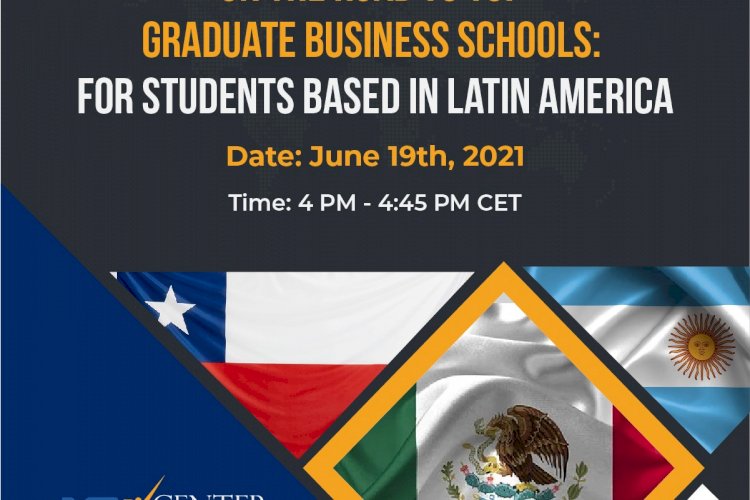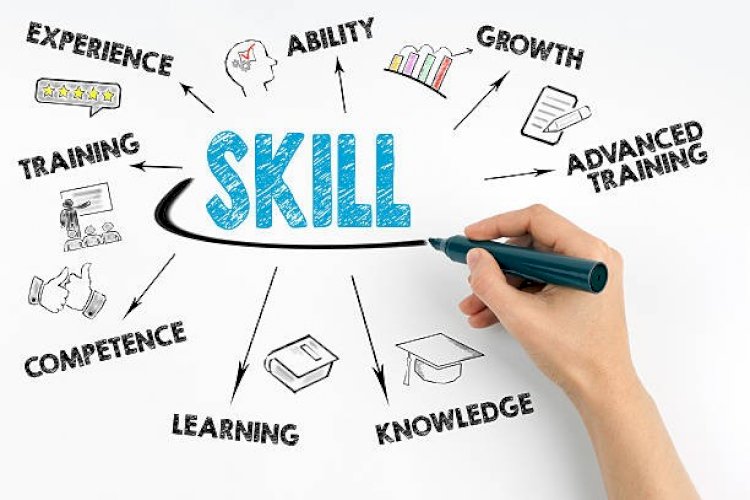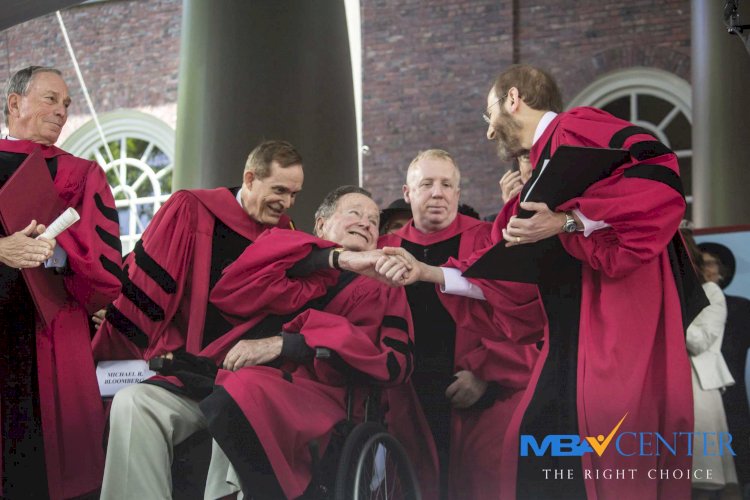
Myths About the Executive MBA
The Executive MBA program is a degree program that targets corporate executives and professionals who are already in the workforce for a considerable number of years. The program is similar to a regular full-time MBA program except that it allows executives to undertake the program even as they hold their existing full-time jobs. As most of the EMBA students have considerable work experience, their experience during the EMBA program translates into a diverse and rich study environment. The participants get a unique opportunity to share and learn from each other while growing a valuable network.
However, in recent times there are quite a few myths that have begun to swirl around the EMBA program. While some may be true, there are a few that need to be dispelled, especially as they might not give a clear picture of the program to prospective applicants.
Here are a few of these myths which we have taken the liberty to verify for your benefit.
- Similar experience to a regular MBA
As a matter of habit, we gauge the future based on our experiences of the past. It is easy to assume that going back to business school for your EMBA would put you back in the same grind as your past experiences in the undergraduate days. Many students assume that it would be about grades, impressing teachers, and theoretical learning. On the contrary, the EMBA is a degree that is designed around the experiences of seasoned executives. As such, the program is more about intellectual discussions and expanding the cumulative knowledge of the entire class.
- I will not have to work that hard
Nothing could be further from the truth. As a student of the EMBA program, slacking is not a luxury you will have. This course gives well-learned professionals a platform to step on so that their careers get an extra boost. You will find sensible ways to apply your business school learnings to solve real-world problems which make the hard work seem glorious and you see more tangible results.
- Why would I need an MBA degree when I don’t need a career change?
It is high time that people relinquish this myth about pursuing an MBA only when you want to change career paths. Yes, you should consider an MBA if you want to amplify your career prospects, but that should not be your only reason to pursue it. An EMBA not only polishes your organizational and managerial skills, but it also provides you with a new broader perspective to ensure the continuity of your career.
- Who has the time?
We are all too busy until we decide to make time. Going back to business school is a courageous move, both personally and professionally. Many EMBA students are apprehensive about their ability to manage time between their personal, professional, and student life but the only way to move ahead is by identifying and prioritizing your goals.
- I am too old for an MBA
An MBA is for anyone who is willing to learn. The only difference between a young professional and a seasoned professional is the experience and responsibilities the latter holds. Executive MBA students find themselves more receptive to the knowledge shared in the lectures because of their experience. That is not to say that the EMBA cannot be overwhelming at times. Responsibilities will arise and demand attention. However, it is important that you learn to prioritize your duties.
- Classrooms are rigid
The major benefit of learning through class discussions, interactions with peers and professors is that you can apply these models of concept to solve real-life problems, and not just classroom ability. Networking opportunities with the finest and experienced teammates make learning in a classroom setting very appealing as opposed to the rigid structure of high school learning.
- Classmates will be aggressive
It is wrongly assumed that an EMBA classroom is ultra-competitive. These classrooms are filled with students who are genuine, relatable, and cooperative, both professionally and personally.
- MBA is common and nugatory
If this idea held any value, the various MBA programs especially the EMBA program would not have grown to be as popular as they are with mid-career professionals. This program enables you to be more aware and courageous of the professional decisions you make. It allows you to explore learned career opportunities and build new connections while rebuilding old ones.
- It will resolve all your concerns.
Getting an MBA is like getting yourself a pair of reading glasses. To be able to read, you will have to do the work to get them made. Similarly, if you wish to see yourself evolve into a new person, you will have to take the necessary steps required in that particular situation. An EMBA may help an already well-established professional put their career on the fast track. However, this is not an automatic progression, it is a continuous process of learning and professional growth.
 MBA Center Global
MBA Center Global 























